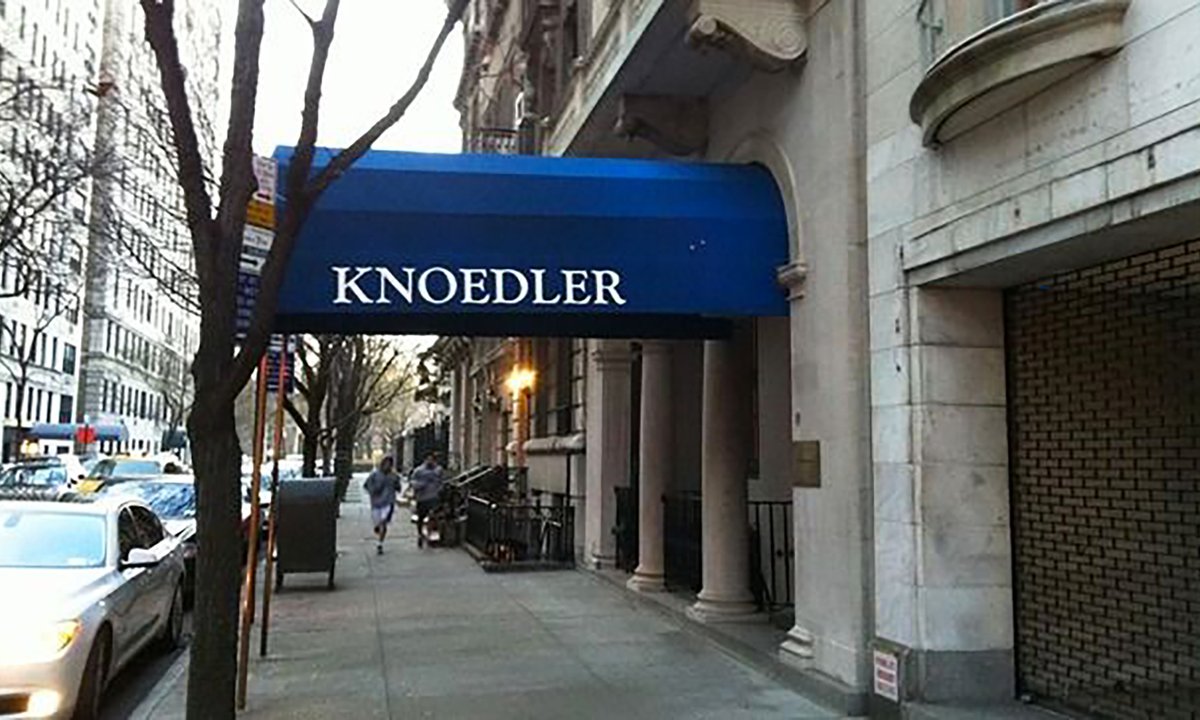
"In general, a book is turned into a film-more, or less, successfully. This book is the other way around, in that Barry Avrich penned it after directing Made You Look, the 2020 documentary about the $80m faking scandal that brought down New York's venerable Knoedler Gallery and severely damaged the reputation of the art world. It still stands as one of the world's largest art frauds, duping several high-profile experts, famous collectors and even one museum."
"That story is well known and is, indeed, one of the major art scandals of this century. Over a period of 14 years a previously unknown "dealer" called Glafira Rosales supplied Knoedler with 40 expertly crafted counterfeits, among them works by Robert Motherwell, Jackson Pollock and Mark Rothko. By doing so, she saved the gallery from almost certain bankruptcy and greatly enriched its owner Michael Hammer-according to court papers, Hammer routinely charged the gallery for trips to Paris with his then wife, plus several cars including a $482,000 Rolls-Royce."
"Avrich says in his preface: "Making the film was one of the greatest thrills of my life, as everyone involved was totally committed to telling their side of the story, and perhaps engage in an often humorous and puzzling form of revisionism.""
A director who made the 2020 documentary Made You Look expanded the narrative around the $80m Knoedler Gallery forgery scandal, adding new facts and characters. Over 14 years a dealer named Glafira Rosales supplied Knoedler with 40 expertly crafted counterfeits attributed to artists such as Robert Motherwell, Jackson Pollock and Mark Rothko, duping experts, collectors and a museum. The forgeries rescued the gallery from near-bankruptcy and enriched owner Michael Hammer, who charged the gallery for trips and luxury cars, including a $482,000 Rolls-Royce. Key figures appear ambivalently as victims or conspirators, including Knoedler director Ann Freedman and collector David Mirvish, while collector Dominico De Sole characterizes the account as definitive.
Read at The Art Newspaper - International art news and events
Unable to calculate read time
Collection
[
|
...
]